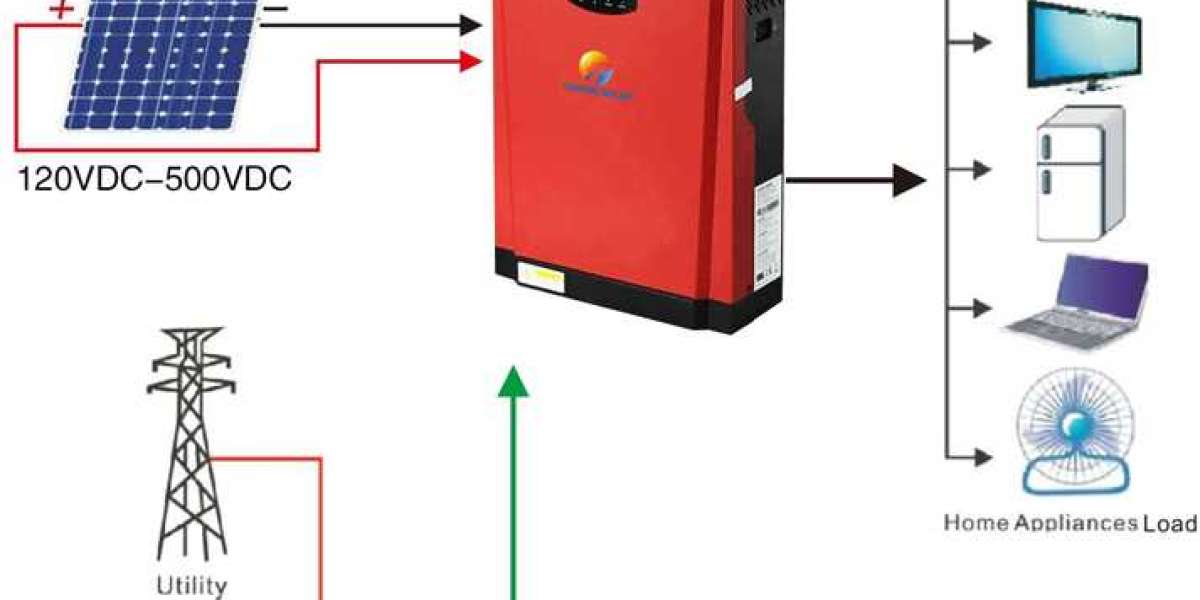The Role of Solar Inverters
Solar inverters play a vital role in the functionality of a solar power system. Here’s how they work:
- DC to AC Conversion: Solar panels generate DC electricity, which is not suitable for most household appliances. The solar inverter converts this DC electricity into AC electricity, which is the standard form of electricity used in homes and businesses.
- Grid Interaction: Solar inverters manage the interaction between the solar power system and the electrical grid. They ensure that the electricity generated by the solar panels is synchronized with the grid’s voltage and frequency.
- Monitoring and Optimization: Modern solar inverters come with monitoring capabilities that allow you to track the performance of your solar power system. They also optimize the power output by adjusting the voltage and current to maximize efficiency.
Types of Solar Inverters
There are several types of solar inverters, each with its own advantages:
- String Inverters: These are the most common type of solar inverters, connecting a series of solar panels (a string) to a single inverter.
- Microinverters: These inverters are installed on each individual solar panel, allowing for independent operation and optimization of each panel.
- Hybrid Inverters: These inverters can manage both solar power and battery storage, providing greater flexibility and energy management.
Benefits of Solar Inverters
Solar inverters offer several benefits, including:
- Increased Efficiency: By converting DC to AC efficiently, solar inverters help maximize the energy output of your solar power system.
- Enhanced Monitoring: With built-in monitoring capabilities, solar inverters allow you to track the performance and health of your solar panels.
- Grid Compatibility: Solar inverters ensure that the electricity generated by your solar panels is compatible with the electrical grid, allowing for seamless integration and energy export.
Conclusion
Solar inverters are essential for converting the DC electricity generated by solar panels into usable AC electricity. Understanding how they work and the different types available can help you choose the right inverter for your solar power system. For more detailed information on solar inverters and their operation, visit generac-battery.com/what-is-a-solar-inverter-and-how-does-it-work.














